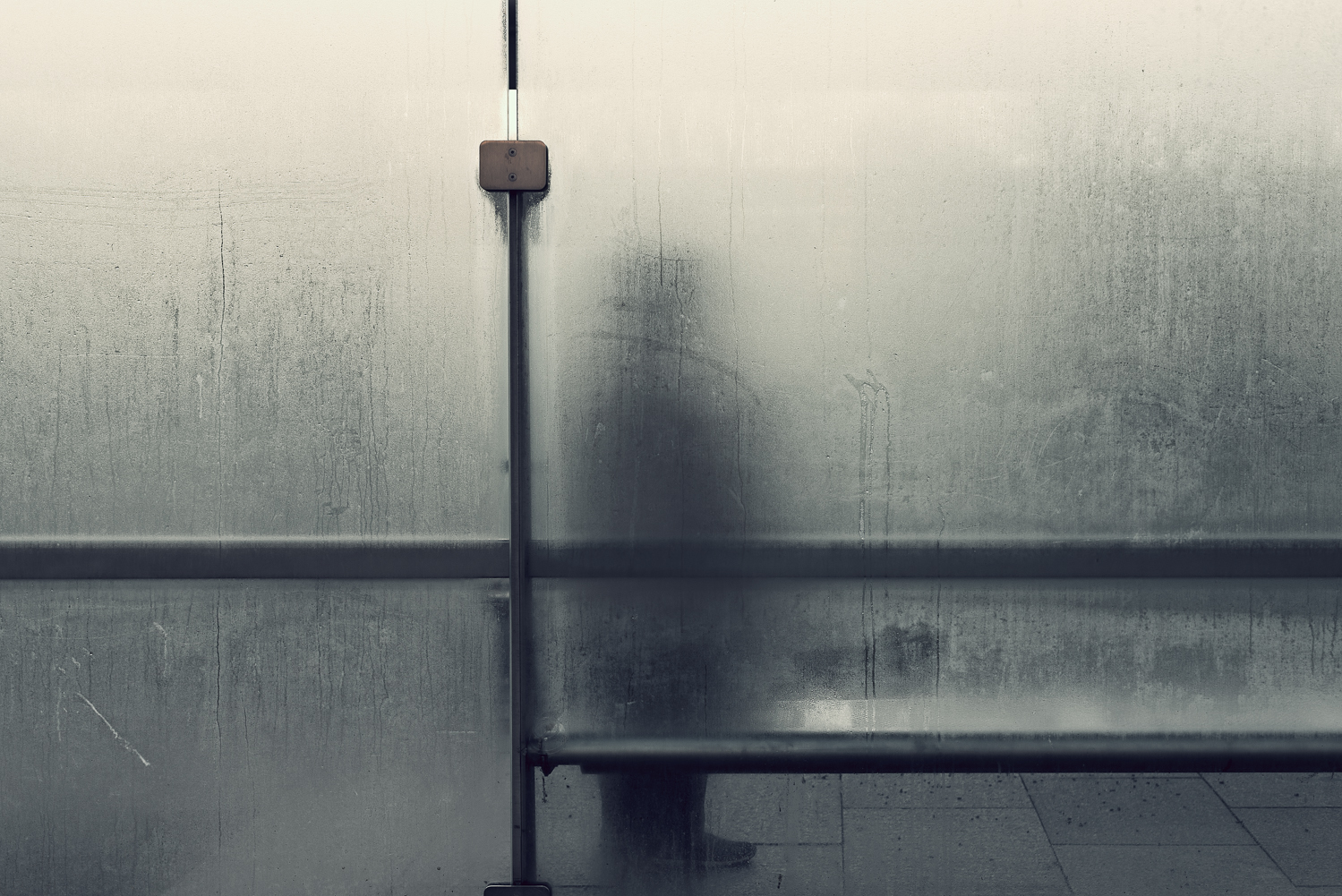content warnings
drunk driving
[906 words]
A mouse darts across the road and stops in front of your car. For a dog or squirrel you might hit the brakes, but for something so small, you lift your foot and hope for the best. Through the rearview mirror you see the mouse has not moved. Before you can blink, the dot reanimates, dashes left, traces its path, stops—and disappears from view. You’re not sure what happens next but imagine one of two scenarios: the mouse implodes upon impact with another vehicle or crawls home and curls as tight as a mouse can curl.
That should conclude the story, only it doesn’t because the event dislodges a memory from before you were married and a respectable member of society.
Low to the ground, the vehicle rushes past the cornstalks. You are drunk, a bottle wedged between your legs. The radio plays some forgotten song; wind wails through the open window. The road is desolate and leads from one side of the county to another, you are out of your mind with booze and the despair of knowing a beloved is wrapped in the arms of another. At such speeds there isn’t time to brake and swerving leads to disaster. You focus on the tunnel of light endlessly renewing itself through the bug-spattered window. No moon or stars, only vacancy when a pair of eyes stares into the beams in search of a bone or a way back home. The collision is instant, except it’s not a collision but an extermination: a force smacking the outstretched head of an animal someone loved and the results are . . . immediate.
You’re not sure what happened: you didn’t stop; you lacked the resolve to turn the vehicle and discover the results of your recklessness. If the dog survived—moving, suffering—so much the worse because the responsibility belongs to you and you are drunk and have fled the scene. So you tell yourself it couldn’t have lived. You will never know unless somewhere faraway transgressions are reviewed and adjudicated: at least you didn’t hit the mouse.
But that’s not the end of the story. When the sun rises, a person finds the dog, checks the tag, makes a phone call. After many tears and much cursing—of your callousness for driving off, your cowardice in the blackness where no one can see—a makeshift grave is prepared, words of praise offered, followed by the moving on, except that’s not what happened. You didn’t squish the mouse, that part is true, but there was no dog and you didn’t drive off. Maledictions were expressed and, truth be told, an APB issued for your arrest. To this day, people hope someday you will be caught, tried and incarcerated, except no one has determined who you are—only the terrible thing you have done.
Let’s try again: On a moonless night you’re drunk with a bottle between your legs; you grip the wheel with the intensity of an angry man. Your heart is sick from the rejection of a woman who has dismissed you for another. You don’t hate the man but fear his claim and the violence that could occur should you intrude too far.
You focus on the tunnel of light as you edge toward the limits of the car. Pushing the accelerator past a hundred, easing off, taking another swig, something happens: you cannot swerve and you cannot brake. You’ve replayed the scene a thousand times: the woman emerges from the field like an apparition. But it’s not your fault, except for the speed and the drunkenness and the envy in your heart.
After years of confinement in a home on a family farm, the woman steps in front of the vehicle. Walking beside the road she senses the car barreling toward her but more likely, you imagine, she walks out of the corn to a painless death like a bug hitting a windshield.
You can still see the face: mouth gasping for air; eyes stretched wide. You stop the car, exit like a specter in a dream and float to where the woman who has slipped her restraints lies dying. Despair overwhelms as you stare at the body and the lungs, heaving, spittle turning red. Blood pools behind the head where the skull collapsed. Sound escapes from the mouth; noises enunciate with a jumbled cadence. You kneel, feel the cold soak through your knees and lean across the face:
I forgive you, says the voice.
What?
I forgive you.
Only that’s not what happened, except the part about dying: Delores did die. The woman exhales a final breath, a final sound while you watch in the forever darkness of a moonless night. You see the outline of a field, the glow of taillights before running to the car. You shift, rev the engine and race toward the safety of the suburbs. You park in a two-car garage and await the search for the culprit, the murderous you, who has never been identified.
In the newspaper you read about the woman with Alzheimer’s who was run down on a country road. You follow the story and the search for a late-model sports car involved in the hit and run. For a long while you have wanted to confess but were afraid and now that you’ve explained what happened that night, do you feel better? I hope so but if not, be thankful you didn’t hit the mouse—at least you’ve got that going for you.
Charles Sutphin has lived in Indianapolis for more than 60 years. His cobbled career includes editor, journalist, writer, attorney, professor and capitalist. Married for 35 years with two children, he taught at the University of Indianapolis for 18 years. In the last several years his fiction has been published in Eclectica Magazine, Vita Poetica, Helix Literary Review, Literally Stories, Squawk Back, Agape Review, The Flying Island and other publications.




